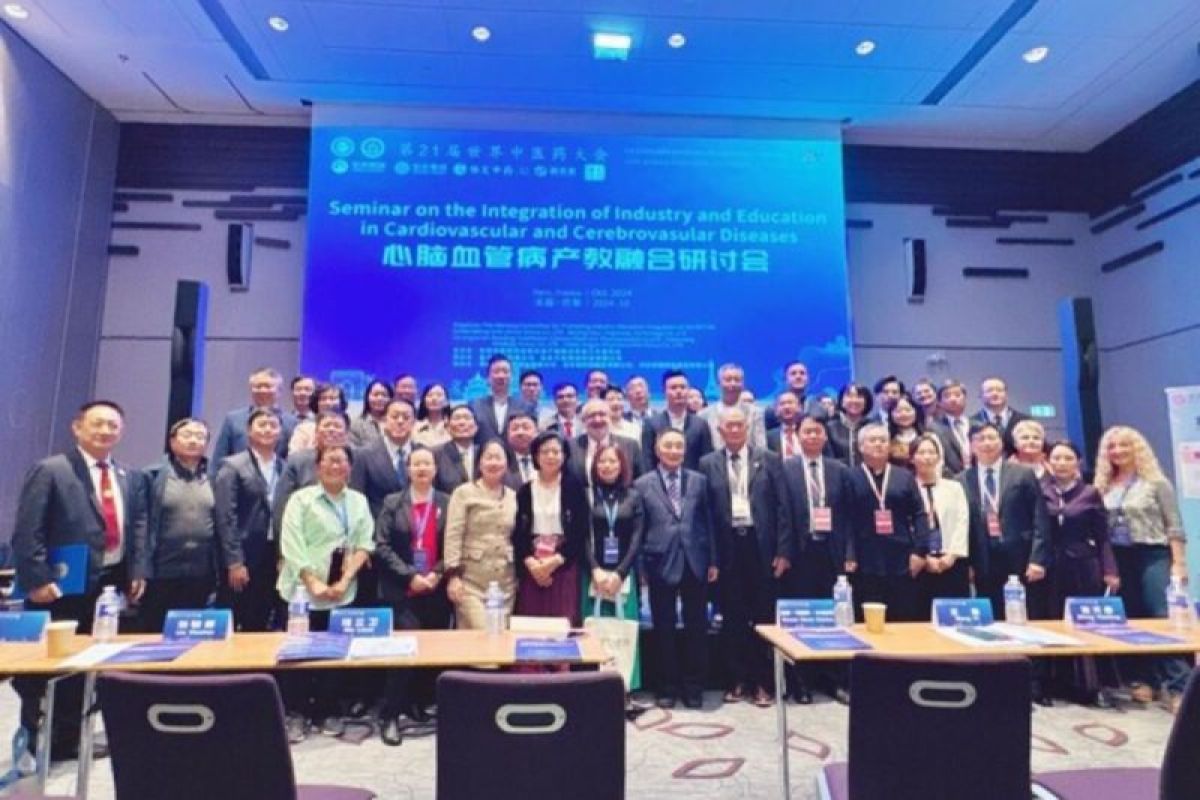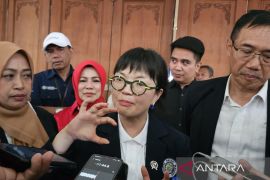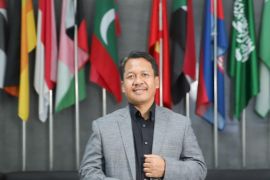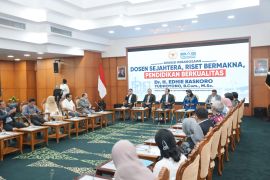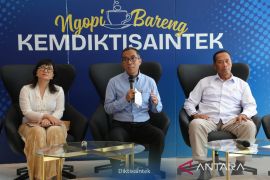She believes that reducing bureaucratic burdens will allow lecturers to focus more on research and teaching, ultimately enhancing the quality of higher education in Indonesia.
"Lecturers should not be overburdened, and reducing their bureaucratic load does not mean they will become lax. On the contrary, these dedicated lecturers will use that time for other valuable activities, whether in research or teaching," she said at an event in Jakarta on Wednesday.
Christie, who is also a lecturer, added that the most burdensome work for lecturers is handling administrative matters. However, the administrative burden cannot be erased that easily because of their civil servant status, she explained. She then suggested offering rewards for lecturers with civil servant status, such as incentives and policies that can help them balance their work.
"So that every lecturer can develop optimally as individuals (to participate) in the three guidelines of higher education, namely in research, teaching, and community service," she explained.
Baca juga: Govt empowering youths to solidify Indonesia's food sovereignty
In addition, all universities, especially the ones with Legal Entity State University (PTN-BH) status, have the right to devise internal policies, she said. It is expected that by formulating internal policies, they can provide the best environment for their lecturers, she added.
Baca juga: Preparing a quality generation through vocational education
According to Christie, lecturers — including their work, be it research, teaching, or community service — should be appreciated.
"The Ministry of Higher Education, Science, and Technology will listen to the results of studies and the opinions of lecturers, and the policies or experiences of the rectors of higher education institutions (as inputs to improve lecturers' prospects)," she added.
Pewarta : Sean M, Kenzu
Editor:
I Komang Suparta
COPYRIGHT © ANTARA 2026
